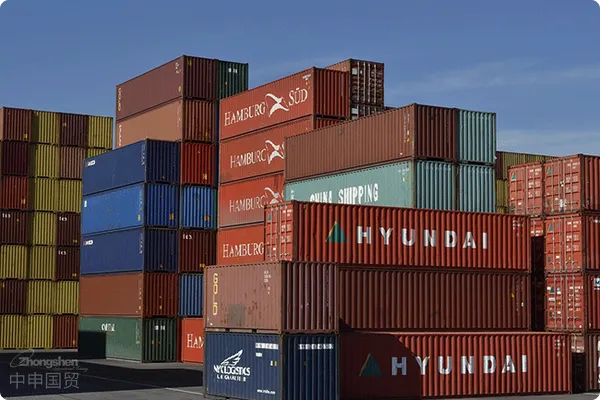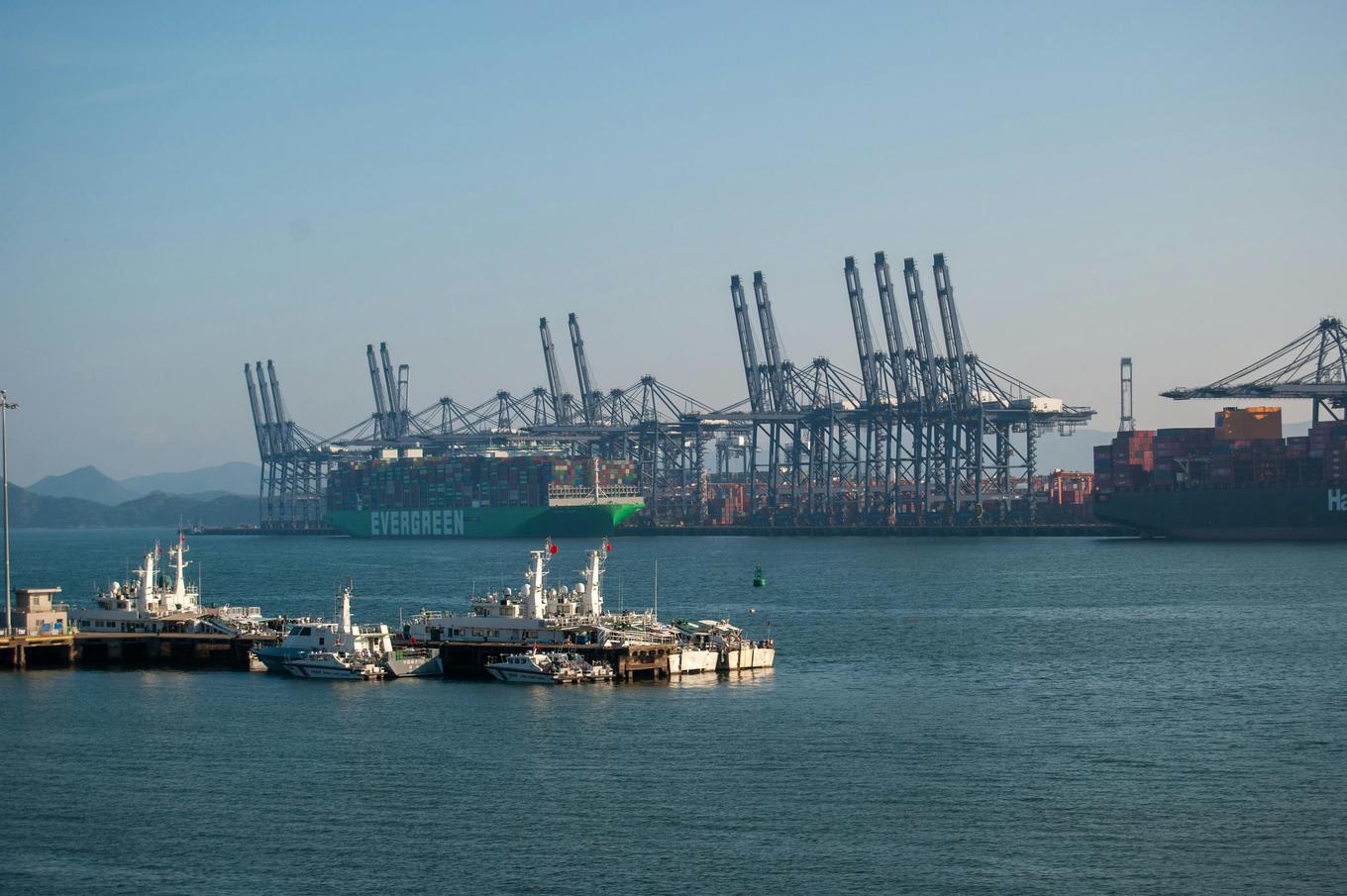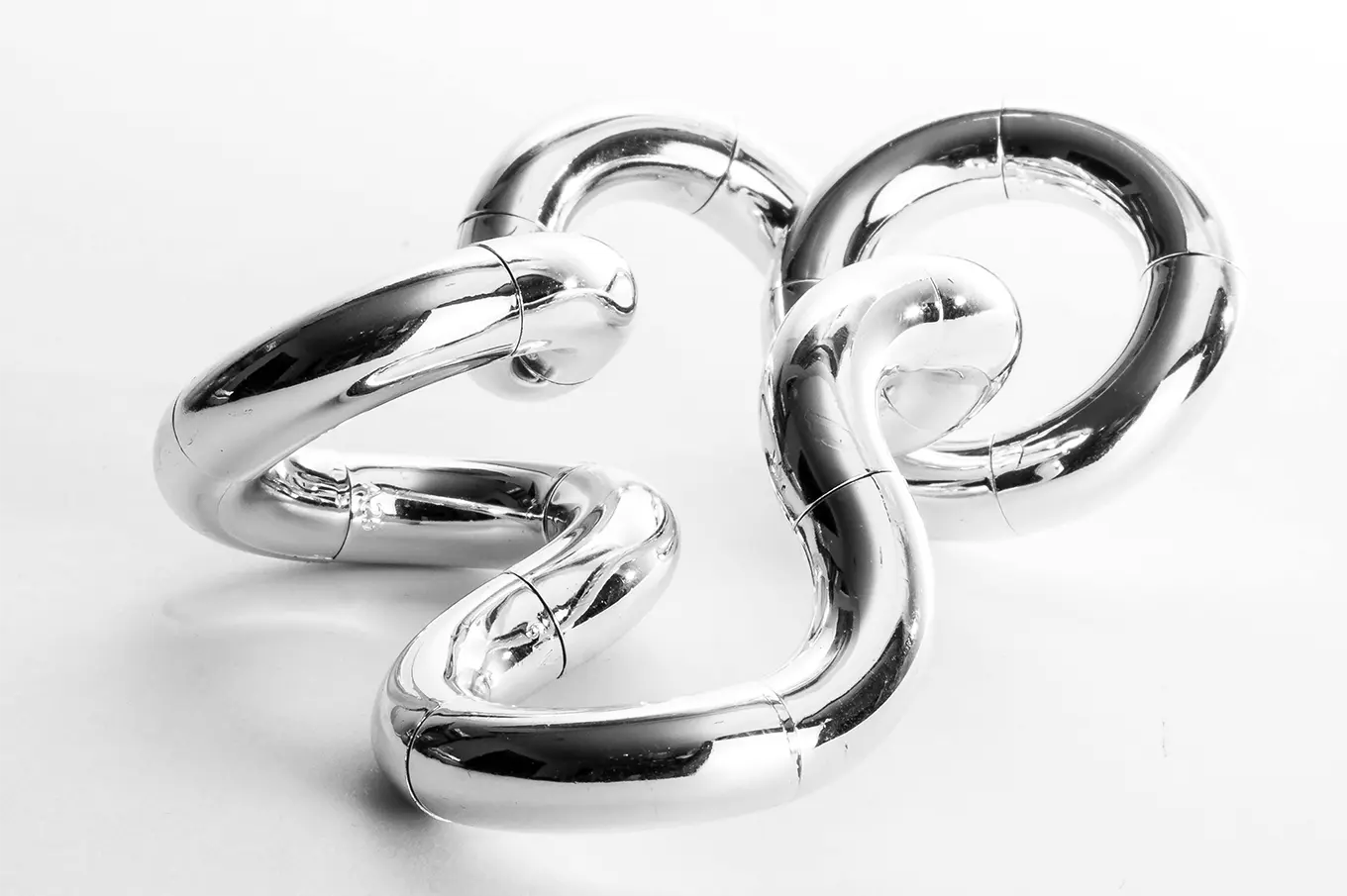- Shanghai Zhongshen International Trade Co., Ltd. - Two decades of trade agency expertise.
- Service Hotline: 139 1787 2118

Injection moldingEquipment ImportsThe invisible thresholds
In 2025, the General Administration of Customs made significant adjustments to the regulatory catalog for plastic processing machinery, addingEnergy consumption standard verification for intelligent control systemsrequirements. A Zhejiang-based company importing a German all-electric injection molding machine faced 37 days of port detention due to uncertified energy efficiency documents (without CNAS certification), incurring over 120,000 yuan in additional storage fees. This case reveals: the choice of professional agency services directly impacts the success of import projects.
Core changes to 2025 import procedures
- Declaration link
- New HS code subheading 8477.8015 (intelligent control injection molding units)
- It is recommended to verify through the following methods:Must includeCore component traceability codes
- Inspection and quarantine
- EU CE certification must be submitted simultaneouslyChinese translation of EMC test reports
- Hydraulic equipment must undergoBiodegradability testing of hydraulic oil
Hidden paths to tariff reduction
New opportunities for injection molding equipment imports under 2025 free trade agreements:
- Equipment from RCEP member countries
- Tariffs on Japanese equipment reduced from 8% to 6.2%
- Cumulative rules for Korean equipment relaxed to55% regional value content
- Taiwan equipment under ECFA
- Clamping force ≥850-ton equipment can apply forZero-tariff special channel
Technical barrier solutions
For the latestPlastic machinery energy efficiency labeling regulations in Europe and Americastrictly controlled in 2025, professional agencies should provide:
- Pre-inspection service
- Comparative analysis of EU ERP Directive and national standard GB 39198
- Compliance verification ofEquipment noise levels in decibels
- Rapid Response Mechanism
- Turkey SGS certification conversion to China Customs recognition48-hour expedited channel
Agent service selection evaluation matrix
- Essential Qualifications
- AEO (Authorized Economic Operator) Advanced Certification qualification from customs
- Minimum 3 successful import cases (clamping force ≥2000 tons)
- Core competencies
- Germany TüV/US UL certification documentsLocalization rewriting capability
- Imported equipment parameter database (covering12 mainstream brandsTrade dispute settlement mechanisms
Four dimensions of risk management
According to import dispute statistics for the first half of 2025:
- Top 3 factors causing cargo value loss
- Technical specification misinterpretation (38% share)
- Transport temperature control failure (25% share)
- Intellectual property disputes (17% share)
- Key nodes causing time delay
- Average local inspection time increased from 7 days to11 days
- 3CCertification catalog expanded toMicro injection molding devices
Full-process service value decomposition
High-quality agents should achieve:
- Professional support
- UtilizeBonded R&D policiesReduced trial operation costs
- Customs planning savings7-12% comprehensive tax burden
- Time - limit guarantee
- Pre-classification service shortens2 - 3 working days
- Under emergency situationsGuaranteed inspection and release channel
Related Recommendations
? 2025. All Rights Reserved. Shanghai ICP No. 2023007705-2  PSB Record: Shanghai No.31011502009912
PSB Record: Shanghai No.31011502009912










